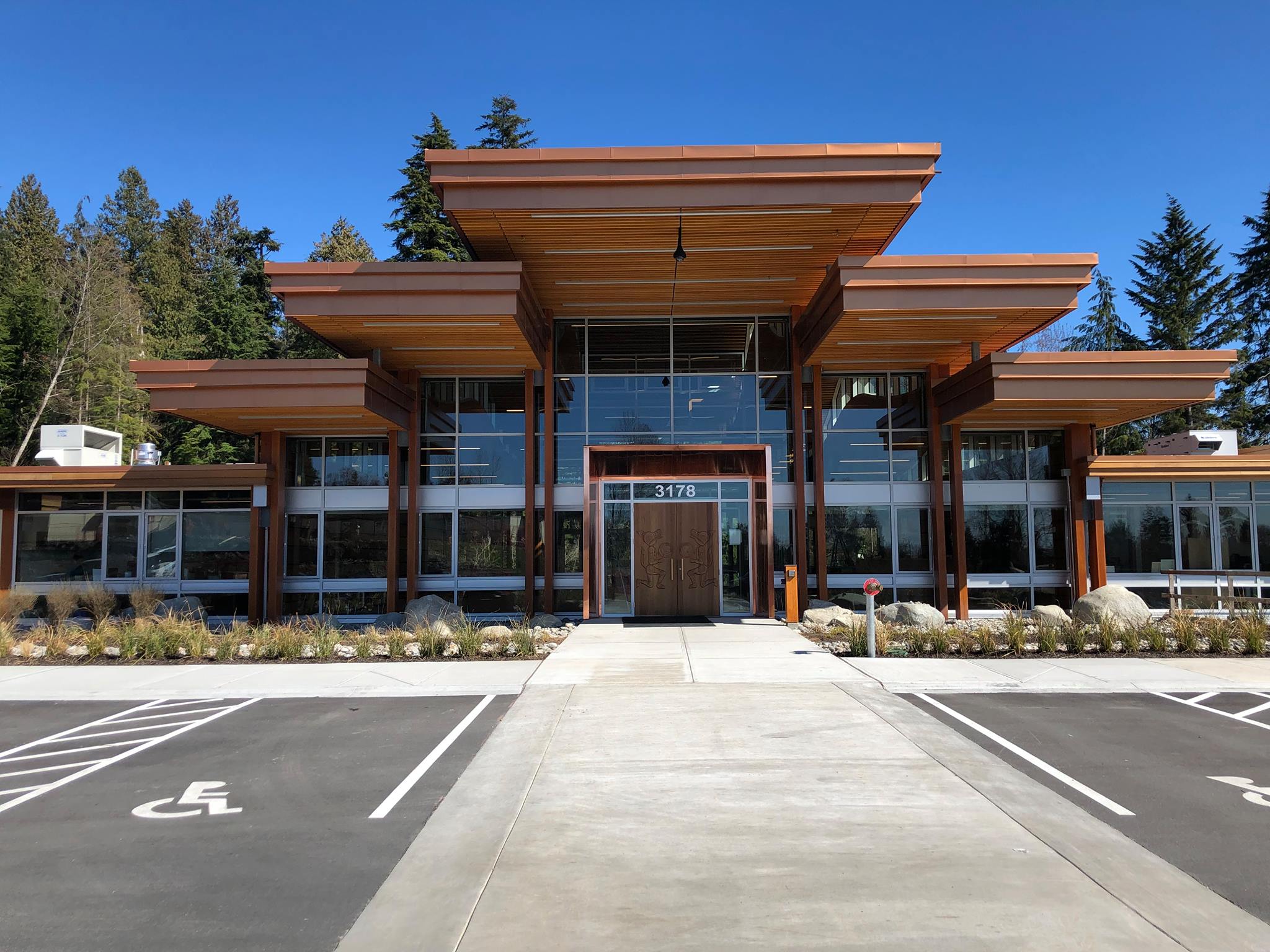
VANCOUVER — A British Columbia First Nation is promising a legal challenge of the federal government’s decision to approve the Trans Mountain pipeline expansion while the premier says his government will continue to defend the province’s lands and waters.
Environment Minister George Heyman told a news conference Tuesday that tens of thousands of jobs and billions of dollars in economic activity are at risk from a bitumen spill off B.C.’s coast.
“So let me say to British Columbians who value our environment, who cherish our coast, who expect their government to stand up for their interests, we will not abandon our responsibility to protect our land and our water,” Heyman said.
“We’ll continue to stand up and defend our environment, our coast and the tens of thousands of jobs that are dependent on them.”
Chief Leah George-Wilson of the Tsleil-Waututh First Nation said it will appeal Ottawa’s decision to the Federal Court of Appeal.
“The federal decision to buy the pipeline and become the owner makes it impossible to make an unbiased decision,” she told a news conference on Musqueam territory.
Prime Minister Justin Trudeau’s government has purchased the pipeline and expansion project for $4.5 billion. Construction was paused in August after the Federal Court of Appeal struck down the government’s approval of the project, citing the National Energy Board’s failure to consider the marine impacts and inadequate First Nations consultation.
After an energy board review of the marine impacts and further Indigenous consultation, the federal cabinet announced it was approving the project for a second time on Tuesday.
Premier John Horgan said he spoke with Trudeau before the decision and reiterated his concerns about the potential of a marine spill.
Horgan said his government is pursuing a reference case in the Supreme Court of Canada that asks whether B.C. has the power to restrict oil shipments through its territory, which it lost at the B.C. Court of Appeal.
Meanwhile, B.C. has been responsibly issuing permits as they’ve been requested, he said.
“I believe it’s my job as the premier of British Columbia to always be vigilant to protect those things that matter to British Columbians, and I’ll continue to do that, “ he said.
“Although I regret the federal government’s decision, it’s within their authority to make that decision.”
It’s now up to the government of B.C. to make sure that as the project proceeds, there are no impacts to marine life, the environment or the economy, Horgan said.
Asked whether he would support any lawsuits filed against the project, Horgan said he’d have to look at the substance of the applications.
“If it’s in the interests of British Columbia to join them, we will,” he said.
He also said it rings “somewhat hollow” that the federal government passed a symbolic resolution in the House of Commons acknowledging a climate emergency a day before approving the pipeline expansion.
The project will triple the capacity of the existing Trans Mountain pipeline, which runs from the Edmonton area to Burnaby, B.C., and increase tanker traffic in Burrard Inlet seven-fold.
Earlier in the day, protesters on either side of the debate clashed at a rally in Vancouver organized by the project’s supporters.
Lynn Nellis of the Canada Action Coalition was speaking to the crowd of a few dozen people when anti-pipeline protester Kwiis Hamilton began playing rock music.
Rally attendees asked him to stop but Hamilton persisted. Vancouver police responded after a member of the crowd shoved Hamilton.
Afterwards, Hamilton said he interrupted the rally because he wants to defend the land along the B.C. coastline where his ancestors have lived for generations.
“I really think industry, and the oil industry specifically, has been quite damaging to our environment around the world. So I think shoving a pipeline through somewhere that’s as pristine as B.C. is, it’s the worst crap shoot you could ever take,” he said.
Several First Nation leaders who support the project spoke at the rally, including Shane Gottfriedson of Project Reconciliation, an Indigenous-led coalition that hopes to buy 51 per cent of the expansion project.
Gottfriedson says a few Indigenous bands have joined Project Reconciliation and they’re prepared to offer the federal government a fair price for the project.
“For many decades a lot of First Nations have been a part of the oil and gas industry and this opportunity to buy the Trans Mountain pipeline is a one-time opportunity and we’re hoping to make the best of it,” he said.
Clifford Sampare, a hereditary chief of the Gitxsan Nation, told the rally the pipeline expansion will bring benefits to all of B.C.
“Imagine the revenue it’ll generate for Canada,” he said.